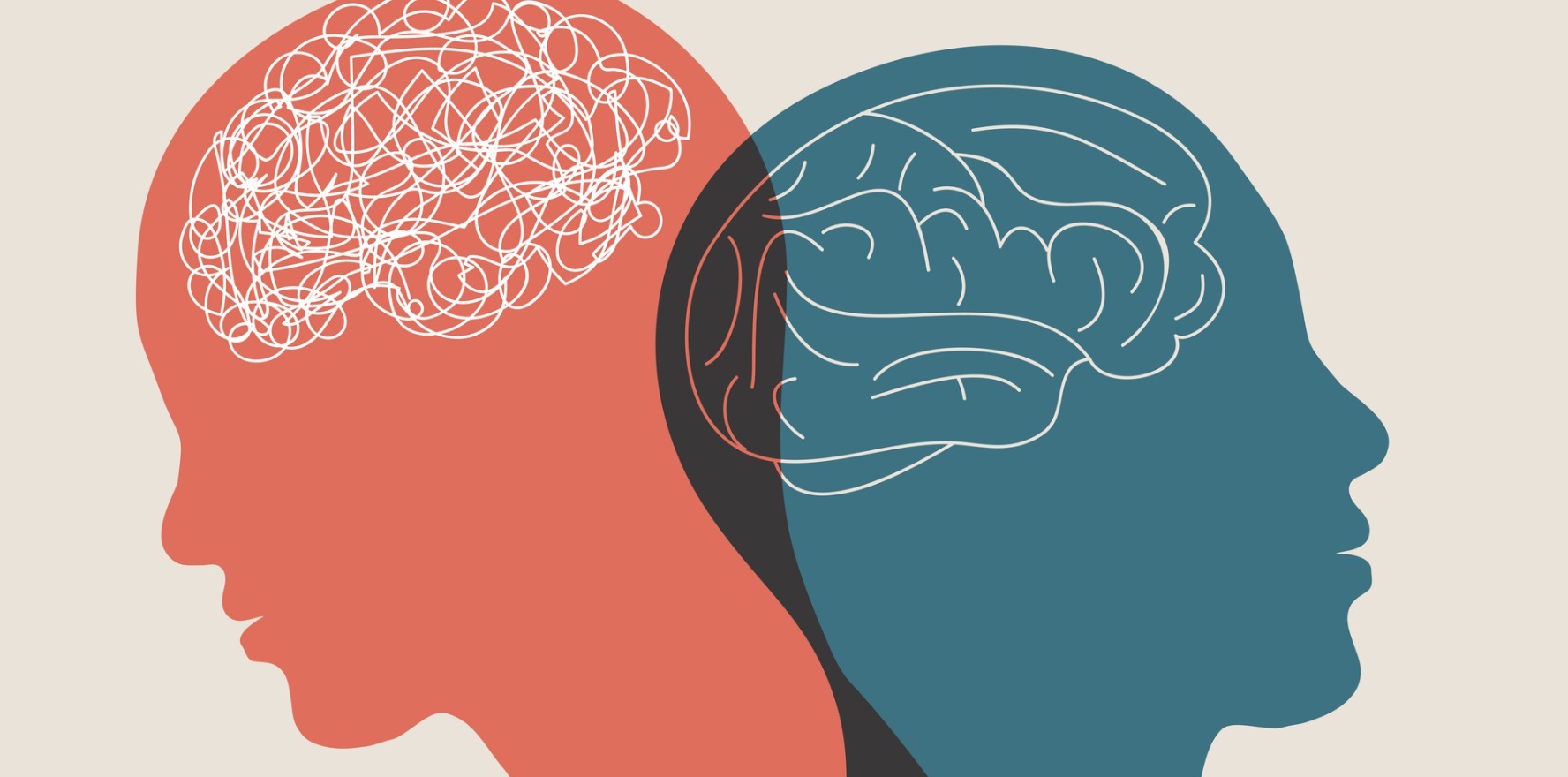The college has advised the RANZCP how to make the diploma, which aims to bolster GPs’ mental health care knowledge, more GP-relevant.
The RACGP has responded to the RANZCP’s call for feedback on its psychiatry diploma, which is aimed at improving GPs’ mental health care provision, with details of what “needs to be improved” and how to tailor the course for general practice.
“GPs are always looking for opportunities to bolster their knowledge and improve their practice, especially for common presentations and for conditions that they have little choice but to manage themselves,” said the RACGP’s psychological medicine special interest group chair Dr Cathy Andronis.
“While this RANZCP training is a welcome educational addition, it is imperative for GPs to supplement and widen their training in mental health by supportive GP-led training and mentorship,” Dr Andronis told The Medical Republic.
“Knowledge is only half of the equation; skills, confidence and competency result from collegiality and access to lifelong professional support and that is where the RACGP and ACCRM are essential in maintaining training and standards for excellence in GP mental health care.”
The new diploma, which will be offered by the RANZCP in 2024 and counts towards CPD hours, hopes to “enable medical practitioners in Australia to learn new skills in mental health assessment and support”, says the RANZCP.
“It is anticipated that the core audience of the RANZCP Diploma of Psychiatry, as guided by the Psychiatry Workforce Program, will be general practitioners (GPs), rural generalists (RGs), and emergency medicine physicians,” it says.
The diploma has been funded by DoHAC to “address mental health workforce maldistribution and shortages” and offers 12 months of training to be completed within two years, with a maximum extension to four years.
Applicants must be registered with the MBA, currently working with patients requiring mental health support and have been graduated for five years or more. ACRRM and RACGP trainees can enrol if their supervising psychiatrist can supervise them.
“The curriculum focuses on providing education and training in foundation concepts of psychiatry, psychiatric assessment and interventions,” reads the curriculum overview.
But the RACGP’s slightly huffy response to the diploma suggested improvements are needed.
“Providing opportunities for GPs to access clinical supervision and reflective practice skills will be imperative to the success of the training,” said Dr Andronis.
“Case consultation is the best approach to understanding complexity in patient presentations and should occur in a supportive safe environment that reduces risks of GP stress and burnout.
“We cannot feel competent when we are struggling to survive.”
While the college supported the “choice of learning methods and assessments for the diploma”, it suggested that the curriculum is not general practice focused enough and “provides little additional relevant training to improve GPs mental health care knowledge”.
“The curriculum needs to reflect more on the range of mental health presentations and needs of the patient population who present outside of tertiary or specialists’ care,” read the RACGP’s feedback.
Mental health care for many patients is left “in the hands of GPs” because many patients “are disempowered and often do not have the resources to access mental health systems”, it added.
The response suggested that a lot of the teachings outlined by the diploma are already covered in the RACGP’s GP training curriculum and form the basis of what GP’s already do day-to-day.
Due to the broad range of patients seen by GPs, additional groups need to be incorporated into the curriculum, said the college. Including military personnel, those involved in the judicial system, occupational mental health, disability mental health, and mental health care for the homeless.
The college added that patients with substance use disorders often hop back and forth between services leaving them to be managed by GPs, so the course would benefit from considering this group.
“Coexistent mental health and substance use disorders are very difficult to manage in the community and can include psychiatrists and addiction medicine specialists,” read the college’s response.
In response to the RACGP, RANZCP president Dr Elizabeth Moore told TMR that while some broad topics overlapped with the RACGP’s curriculum, the diploma “goes one step further to focus on psychiatry with the guidance of psychiatrist supervisors and mentors”.
“The core and elective components of the course curriculum will allow GPs to combine their skills and expertise with specialised psychiatry education.
“There will be a psychiatrist supervisor assigned to every practitioner who will help them identify their area of focus within psychiatry and mental health care.”
She added that GPs had been heavily involved in the development of the curriculum, including consultation with the RACGP in earlier rounds of development.
“The RACGP have raised some new areas of discussion and their response and suggestions for improvements will be taken into consideration by the RANZCP Diploma Expert Advisory Group.”
The RANZCP consultation on its psychiatry diploma for GPs is now closed, but the groups said they value the RACGP’s feedback and endeavour to ensure mental health care is collaborative.





